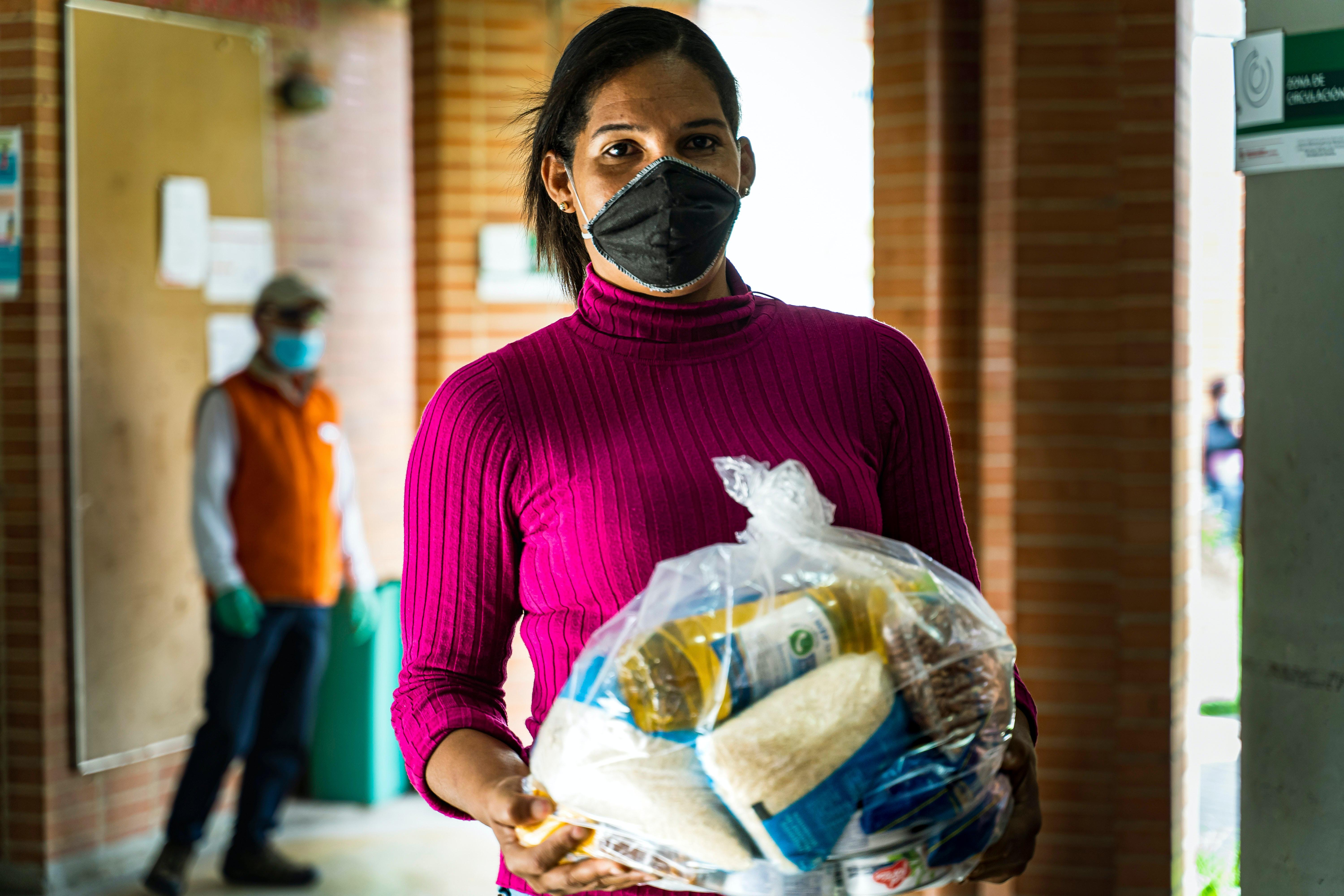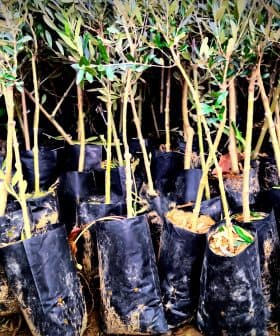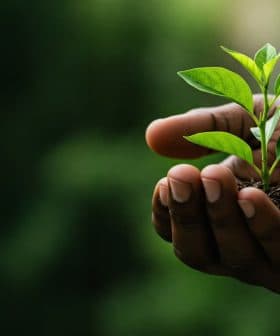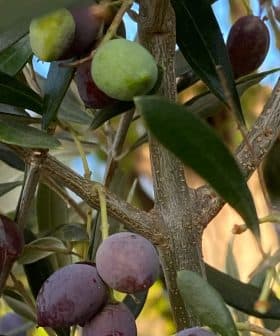U.N. World Food Program Wins 2020 Nobel Peace Prize

The 2020 Nobel Peace Prize was awarded to the United Nations World Food Program (WFP) for its efforts to combat hunger in conflict-affected areas and prevent hunger from being used as a weapon in war. WFP Executive Director David Beasley emphasized that every hungry person has the right to live peacefully, and that the award highlights the devastating consequences of conflict on global hunger.
The 2020 Nobel Peace Prize has been awarded to the United Nations World Food Program (WFP) in recognition of the organization’s efforts to combat hunger, for its contribution to improving conditions for peace in conflict-affected areas and for its role as a driving force against hunger being used as a weapon in war and conflict.
See Also:Head of Leading Spanish Table Olive Producer Wins Gender Equality AwardThe 100th Nobel Peace Prize was presented to the WFP on October 9 by Berit Reiss-Andersen, chair of the Norwegian Nobel Committee, who emphasized that helping to increase food security extended beyond preventing hunger and also included improving the prospects for peace and stability.
“Every one of the 690 million hungry people in the world today has the right to live peacefully and without hunger.” WFP Executive Director David Beasley said in a statement. “Today, the Norwegian Nobel Committee has turned the global spotlight on them and on the devastating consequences of conflict.”
Beasley also paid tribute to WFP staff via a video message on Twitter in which he said, “They’re out there in the most difficult, complex places in the world, whether there’s war, conflict, climate extremes, it doesn’t matter, they’re out there, and they deserve this award.”
The WFP intensified its efforts as the Covid-19 pandemic substantially increased the number of people already facing starvation due to climate change as well as violent conflict in areas such as South Sudan, Burkina Faso, Yemen, Nigeria and the Democratic Republic of Congo.
In 2019 alone the WFP was recognized for providing assistance to around 100 million people in 88 countries who faced acute food insecurity and hunger.
In 2015, the United Nations declared that eradicating hunger was one of its sustainable development goals and tasked the WFP as its primary instrument.









